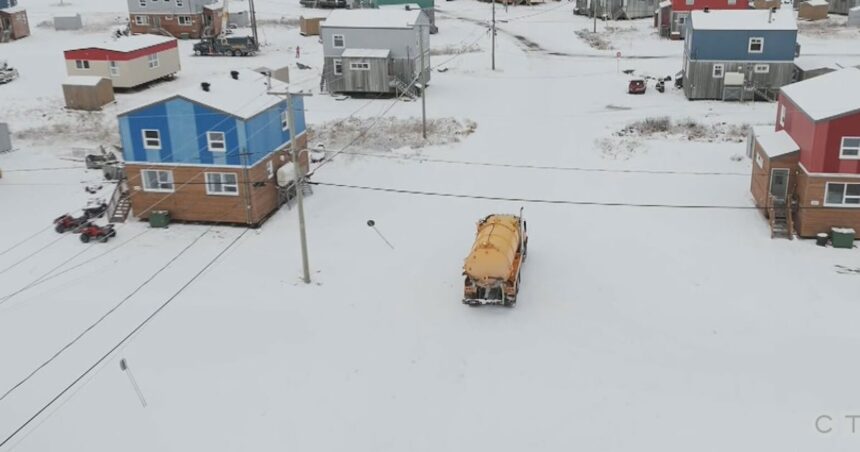In a vibrant corner of Montreal, a group of Indigenous youth are experiencing something most of us take for granted – unlimited access to clean water. “I’ve been showering so much,” exclaims 17-year-old Delaney, her eyes bright with excitement as she describes her stay at a downtown hotel where water flows freely from every tap.
For these students from Neskantaga First Nation in northern Ontario, this Montreal trip represents a temporary escape from a devastating reality. Their community has been under a water advisory for over 25 years – the longest in Canadian history. Many of these teenagers have never known what it means to turn on a faucet at home and trust what comes out.
The journey to Montreal came through an educational partnership between the First Nation and local organizations committed to cultural exchange. What started as a learning opportunity has become a powerful experience highlighting the stark disparities in basic services across our country.
“It’s shocking to think this is happening in Canada,” says Marie Fournier, a Montreal teacher who helped coordinate the visit. “These students live just a few hours by plane from our city, yet they face third-world conditions when it comes to water access.”
Back in Neskantaga, approximately 300 residents rely on a small water treatment facility that has failed to provide safe drinking water since 1995. Community members must collect bottled water for drinking and cooking, while bathing or doing laundry means carefully rationing every drop.
The students’ itinerary includes visits to Montreal’s landmarks, cultural centers, and educational institutions. However, many say the simple pleasure of unlimited showers and drinking straight from the tap has been the most meaningful part of their trip.
“I wish I could bring this feeling back home,” says 16-year-old Jordan, gesturing to the hotel bathroom. “Everyone deserves this.”
Indigenous Services Canada reports that as of May 2025, 33 long-term drinking water advisories remain in effect across the country, despite government pledges to end them. Critics argue progress has been too slow and funding insufficient to address decades of infrastructure neglect.
Dr. Amanda Cohen, a water security researcher at McGill University, explains that the crisis extends beyond inconvenience. “Consistent exposure to contaminated water creates serious health concerns including skin infections, gastrointestinal issues, and increased vulnerability to waterborne diseases,” she notes.
The psychological impact is equally damaging. “There’s a profound sense of injustice when you grow up understanding that other Canadians don’t face these struggles,” says community elder Robert Moonias, who accompanied the students. “These young people deserve the same opportunities as anyone else.”
Montreal residents have responded warmly to the visiting students. Several local businesses donated supplies and experiences, while university students organized cultural exchange activities highlighting shared Indigenous and Québécois traditions.
“Meeting these teenagers has been eye-opening,” says Monique Tremblay, who hosted a traditional meal for the group. “They carry such resilience despite circumstances that would break many of us.”
The students are documenting their experiences through photography and journals, planning to share their perspectives when they return home. Several have expressed interest in eventually pursuing careers in environmental engineering or policy – inspired by their firsthand understanding of infrastructure inequities.
As their week-long visit nears its end, the contrast between Montreal’s abundance and what awaits them at home grows more apparent. Yet the students remain hopeful their generation will see change.
“Maybe someday I’ll turn on a tap in Neskantaga and the water will be just as clean as it is here,” says Delaney. “Until then, I’ll remember how this feels and keep fighting for it.”
For Montreal residents watching this story unfold, it serves as a powerful reminder of privileges easily overlooked and the continuing struggle for basic equity within our borders.







